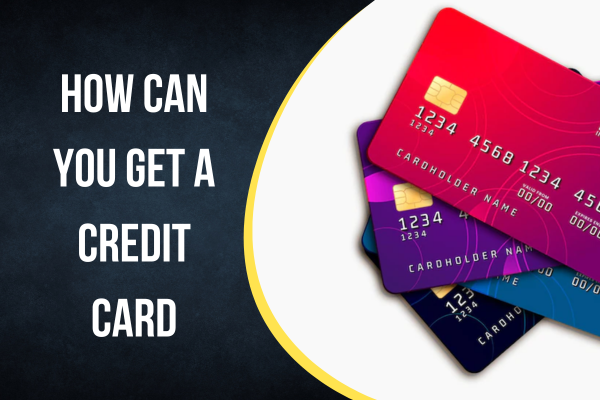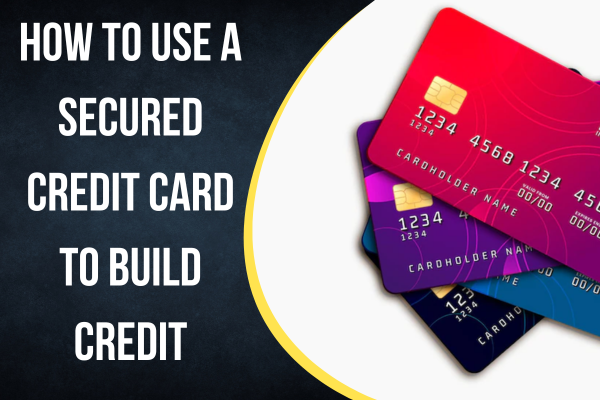Credit card EMI, or Equated Monthly Installments, allows cardholders to convert their credit card purchases into fixed monthly payments over a certain period of time. While it can be a useful tool for managing large expenses, it also has its benefits and drawbacks.
Benefits of Credit Card EMI:
Convenience: Credit card EMI allows you to make large purchases without having to pay the full amount upfront. This can be particularly useful if you have an unexpected expense or a big-ticket item you want to buy.
Budgeting: With credit card EMI, you know exactly how much you need to pay each month, which makes it easier to budget for other expenses. You can plan your finances more efficiently and avoid overspending.
Lower interest rates: Credit card EMI usually comes with lower interest rates compared to regular credit card purchases. This can be particularly beneficial if you have a high-interest credit card balance and want to transfer it to a lower interest rate EMI option.
Drawbacks of Credit Card EMI:
Additional fees: Credit card EMI often comes with additional fees, such as processing fees or prepayment penalties. This can add up to a significant amount over time and increase the overall cost of your purchase.
Limited flexibility: Once you’ve signed up for credit card EMI, you cannot change your mind or pay off the balance early without incurring additional fees. This can be a disadvantage if you want to pay off the debt early to save on interest.
Impact on credit score: Credit card EMI can affect your credit score, particularly if you miss payments or default on the debt. This can make it harder to get credit in the future and increase the cost of borrowing.
Overall, credit card EMI can be a useful tool for managing large expenses and budgeting, but it’s important to understand the costs and potential drawbacks before signing up. Make sure you read the fine print and understand the terms and conditions before committing to credit card EMI.
Disadvantages of Credit Card Emi
Here are some specific disadvantages of Credit Card EMI:
Higher total cost: Even though the interest rates may be lower, credit card EMI can actually cost you more money in the long run. This is because of additional fees and interest charges that may be applied to the purchase.
Limited eligibility: Not all credit card purchases are eligible for EMI. This means that you may not be able to convert some purchases into installments, which could limit your ability to manage your finances.
Prepayment penalties: If you want to pay off the balance early, some credit card companies may charge a prepayment penalty. This can make it more expensive to pay off the debt early and could deter you from doing so.
Limited flexibility: Once you sign up for credit card EMI, you are committed to paying the installments for the entire duration of the plan. This can limit your flexibility to manage your finances and pay off the debt earlier than planned.
Impact on credit score: If you miss payments or default on the debt, your credit score may be negatively impacted. This could make it more difficult to obtain credit in the future and could result in higher interest rates or fees.
Additional paperwork: Signing up for credit card EMI requires additional paperwork and documentation, which can be time-consuming and may delay the processing of your purchase.
Overall, while credit card EMI can be a useful tool for managing large expenses, it’s important to be aware of the potential drawbacks and to consider all of your options before signing up.
Benefits and Loss of Credit Card
Credit cards can provide numerous benefits, but they also come with potential drawbacks. Here are some of the benefits and drawbacks of credit cards:
Benefits of Credit Cards:
Convenience: Credit cards are a convenient way to make purchases, both in-store and online. They eliminate the need to carry cash and can be used to make purchases around the world.
Rewards: Many credit cards offer rewards programs, such as cashback, points, or miles, which can provide significant savings on purchases and travel expenses.
Build Credit: Using a credit card responsibly can help you build a good credit score, which can make it easier to obtain loans, mortgages, and other forms of credit in the future.
Fraud Protection: Credit cards offer better fraud protection compared to debit cards. If your card is lost or stolen, you are not responsible for fraudulent charges, and most credit card issuers offer zero liability policies.
Drawbacks of Credit Cards:
High-Interest Rates: If you carry a balance on your credit card, you will be charged high-interest rates, which can result in significant debt over time.
Fees: Credit cards often come with fees, such as annual fees, balance transfer fees, and late payment fees, which can add up to significant costs over time.
Temptation to Overspend: Credit cards can be tempting, leading to overspending and accumulating debt that may be difficult to pay off.
Impact on Credit Score: If you use your credit card irresponsibly, it can negatively impact your credit score and make it more difficult to obtain credit in the future.





Leave a Reply